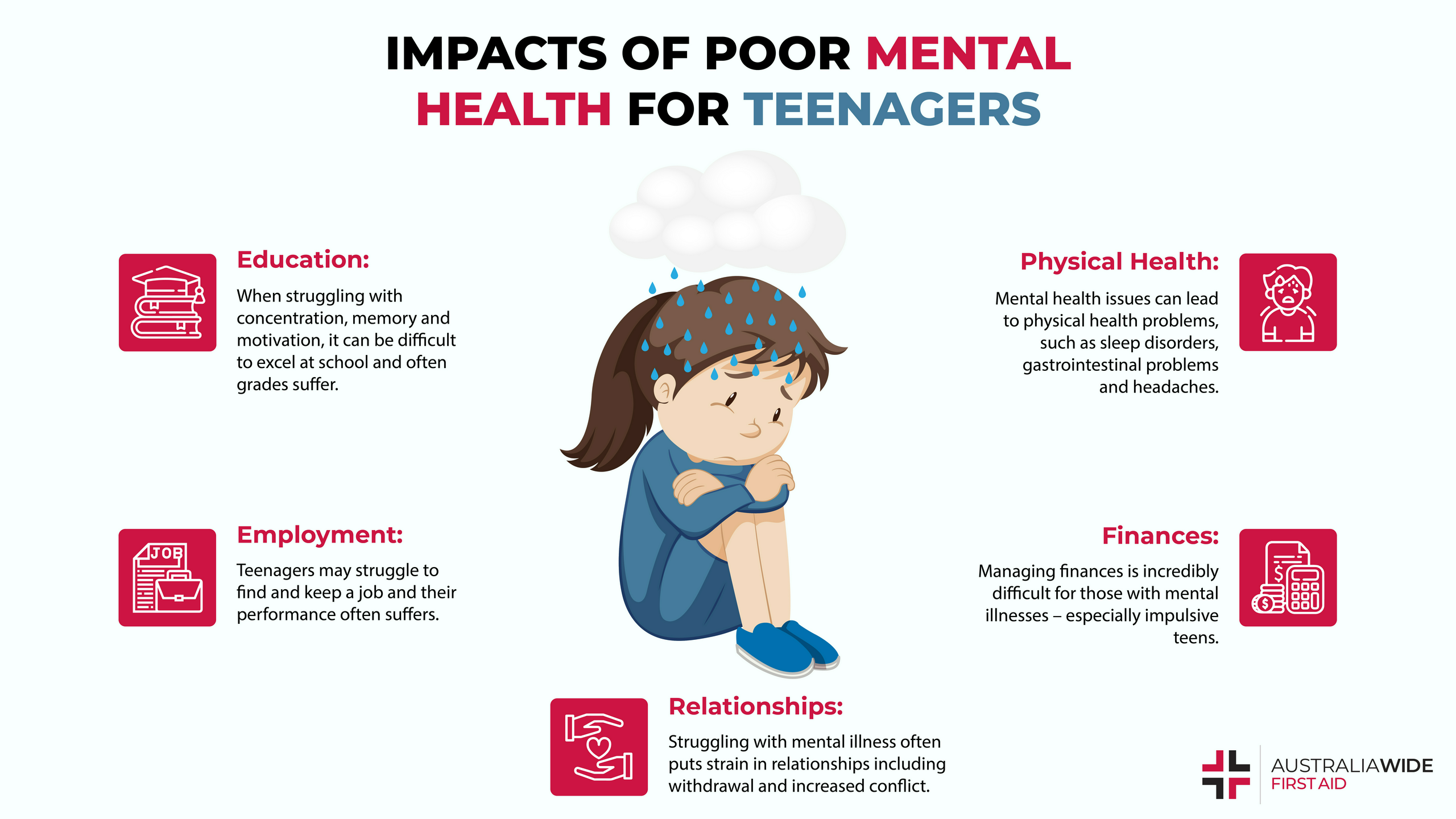Is Society Still Serving Us? A Critical Reflection on Trauma and Functionality
In recent years, there's been a significant uptick in young people voicing their struggles with mental health, pointing to a society that might not be functioning as it should for its youth. This insight is a deep reflection of cultural breakdown rather than a fad. We must examine how society creates, maintains, and frequently intensifies trauma, leaving many people unable to function in their daily lives, if we are to address this issue in an honest and productive manner.
 |
| There's been a significant uptick in young people voicing their struggles with mental health. (📷empowerversep) |
Today's youth are astute observers of the world they live in as well as active participants. The prevalence of young people reporting sentiments of trauma and dysfunction points to structural problems in society. There is a recurring theme of feeling overburdened, nervous, and cut off from conventional social roles on social media and in mental health forums.
Societal Structures and Mental Health
The evolution of society has not always been in ways that promote mental health. Young people's mental health problems are largely caused by contemporary societal pressures, such as the demands of school, unstable economic conditions, and the ubiquitous effect of digital technology, according to research. According to sociology, social norms and expectations have the power to either suffocate or scaffold; at the moment, it seems that the latter is more common.
 |
| (📷enjoynonstop) |
According to psychologists, a "burnout culture" has emerged as a result of society's incessant desire for output and ongoing exposure to high-stress situations. This is about feeling essentially out of sync with one's surroundings, not just about being exhausted. Research has indicated a link between rising rates of anxiety, melancholy, and even existential crises among young adults and societal expectations.
A Sociocultural Diagnosis
From an anthropological perspective, many young people feel culturally homeless as a result of the quick cultural changes that haven't given them the time to adapt or integrate. There is a difficult-to-reconcile conflict between the demands of the new world and the virtues of the old world. Feelings of isolation and alienation are exacerbated by this cultural shift in addition to the frequently mentioned decline in family and community support networks. From a philosophical standpoint, we might want to consider what society ought to be like if its purpose were to promote human flourishing as opposed to just economic output.
Educational and Social Reforms
Educational changes that prioritise emotional and psychological growth in addition to intellectual achievement are desperately needed. Instead of rivalry and isolation, social work and psychiatry support settings where youth can develop resilience, mindfulness, and community involvement.
While things appear hopeless, there is still hope. Positive psychology and other cutting-edge psychological techniques emphasise strengths development over deficiencies. Sociologically speaking, there is a movement to build more welcoming, encouraging societies where variety in all its manifestations is not only acknowledged but also cherished. In terms of philosophy, there is a growing trend towards life-affirming principles and methods that place an emphasis on interpersonal relationships and individual development over monetary gain.
 |
| Society might not be functioning as it should for its youth. (📷empowerversep) |
The argument that society is harming young people's mental health is supported by a combination of data from several fields and is not merely anecdotal. The challenge as we proceed is to construct rather than merely critique. A world where young people may flourish rather than just endure is what we need to imagine and strive for. To do this, we might need to work together to change educational institutions, cultural standards, and our philosophical perspective on what it is to live well.
⭐⭐⭐
'Navigating Modern Adolescence: Social Media & Mental Health' ▶️ 2h22m56s
Real Stories Documentaries


